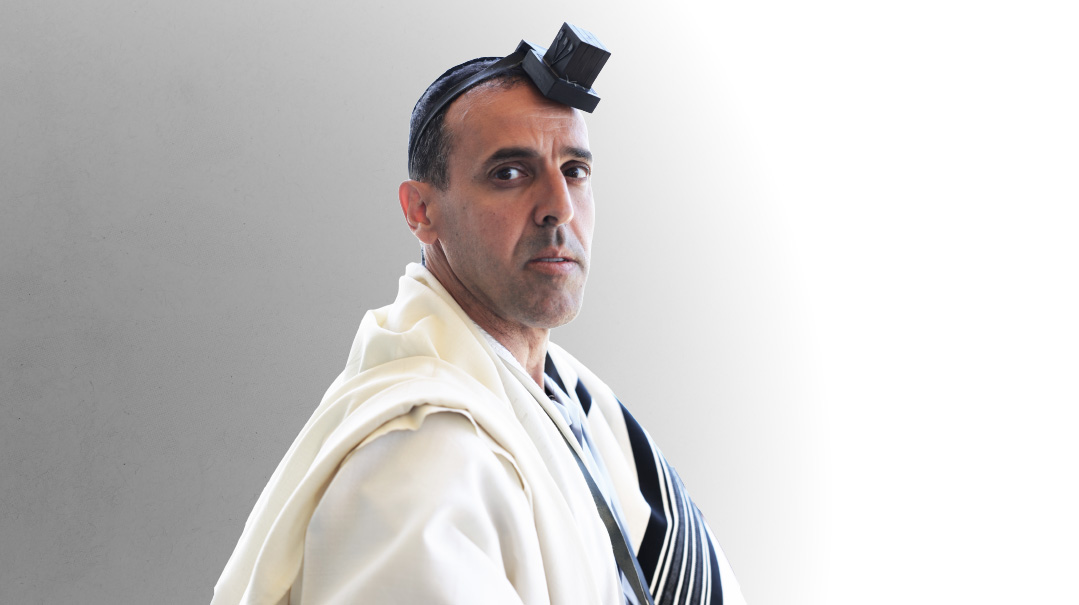Time for It All


QUICK ON THE DRAW “Juggling is an illusion. In reality the balls are being independently caught and thrown in rapid succession. Multitasking is actually task switching”
T hink you’re doing two things at once when you multitask? Not exactly. You’re actually shifting your attention from one task to the next.
The brain is like a time-share apartment; it can house two families but only one at a time. “Juggling is an illusion” writes highly successful entrepreneur Gary W. Keller author of The ONE Thing. “In reality the balls are being independently caught and thrown in rapid succession. [Multitasking] is actually task switching.”
Switching from task to task uses brain power. Part of the brain focuses on goal shifting — “I’m going to do this now instead of that” — and part of it turns off the rules for job one and turns on the rules for job two. This makes you less efficient not more.
Want to see for yourself? Time yourself doing the following: write the words “I love to multitask” on the top line of a paper; then on the line under it write the numbers from one to 16. Now do it again but after each letter move to the lower line and write a number. The second time takes longer the quality of your work probably suffered (is the writing harder to read this time?) and you felt more stress. Errors may also have crept in.
So why is it no problem to walk and chew gum at the same time? Activities that you’ve practiced a lot can be done simultaneously as long as they don’t draw on the same brain areas. Writing an e-mail and talking both need the brain’s language channel making it hard to do both at the same time but talking while chopping onions is easy. Add a complication like changing the recipe or thinking of a tactful response to a comment and you’ll slow down as you switch from multitasking to concentrating on one task.
Paying superficial attention to incoming information like listening to your daughter tell you what she dreamed while skimming the headlines is not multitasking. Researchers describe it as “continuous partial attention” — it doesn’t take our full attention we don’t have to respond in any way and it only demands that we pay attention to one thing after another not two things at once.
The best the brain can do when we want to multitask is help us ignore distractions. Dr. Michael Halassa a neuroscientist at New York University School of Medicine believes that studying multitaskers’ brains will help him figure out what goes wrong in patients with autism attention deficit hyperactivity disorder (ADHD) or schizophrenia. One thing patients with these disorders have in common is “a really hard time suppressing distracting stimuli ” says Halassa.
The circuits that let most people ignore irrelevant input without even thinking about it are the same circuits that when damaged make it difficult for people with ADHD to concentrate or for people with certain types of autism to socialize instead of “stimming” (indulging in self-stimulating behavior usually repetitive) to control their sensory overload. In other words “multitasker” is shorthand for “unable to focus.”
Neurotypicals (people with typically developed brains — for example without autism or ADHD) can decide what to pay attention to and what to ignore.

Speaking two languages improves your ability to multitask. Bilinguals have to block out one language while using the other
If you want to read in a noisy room you can give high priority to the book in your hands lowering your level of attention to what you hear. And you might stay in that mode until say you hear a child screaming. That’s what makes humans so interesting says neuroscientist Dr. Daniel Weissman of the University of Michigan. “We’re not like jellyfish — it’s not like when you poke us we always do the same thing.”
Who Does It Best?
About two percent of us are exceptional. “Supertaskers” are people whose focus improves with added stimulation. Most of us assume that distinction is ours although there’s a 98 percent chance that it’s not. And the better you think you are at multitasking the worse you probably are. “You are your own worst judge of how good a multitasker you are” says psychologist Dr. Art Markman author of Smart Thinking because the brain area used for multitasking is also the area used for judging your skill at it.
No amount of practice is going to make a person better at it either. The more often you multitask the more trouble you’ll have organizing your thoughts and filtering out irrelevant information.
And multitasking itself is a self-reinforcing loop. “We’re being conditioned to multitask ” says Dr. Gloria Mark professor in the Department of Informatics at the University of California Irvine. “You check your e-mail and every so often you get a hit some great e-mail received and that reinforces your e-mail-checking habit. After being frequently interrupted people develop a short attention span and begin to self-interrupt.” (excerpted)
Oops! We could not locate your form.







